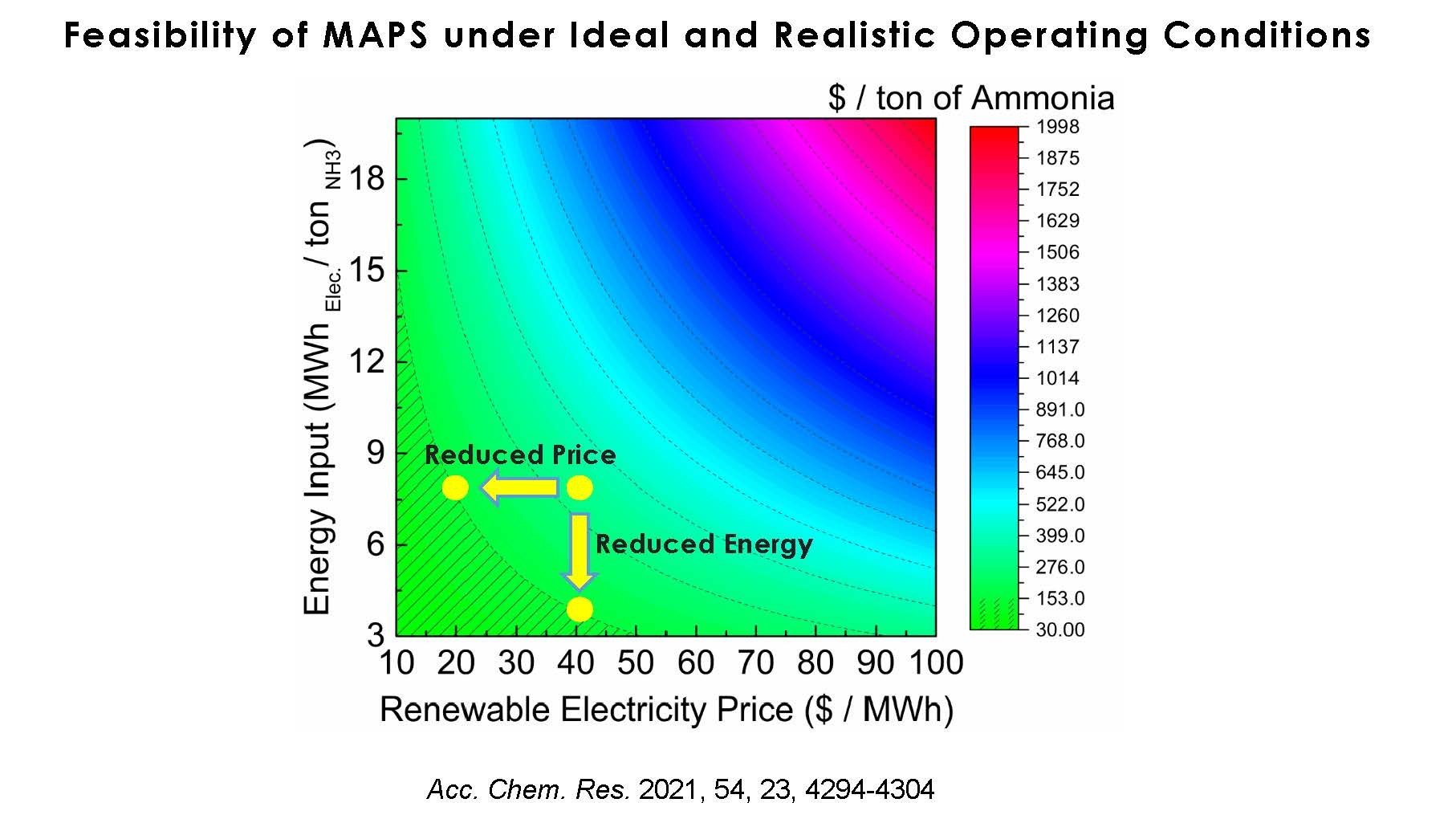
Hydrofuel and Colorado SU launch $1.5M green ammonia project
by CM Staff

Technology development and pilot demonstrations at University of Colorado are expected to last approximately two years, followed by the first phase of commercial rollouts.

Source: Nazemi, M. and El-Sayed, M.A., 2021. Managing the Nitrogen Cycle via Plasmonic (Photo) Electrocatalysis: Toward Circular Economy. Accounts of chemical research, 54(23), pp.4294-4304. (CNW Group/Hydrofuel Canada Inc.)
MISSISSAUGA — Hydrofuel Canada Inc. has now entered into a collaborative research and development agreement with Colorado State University to bring Georgia Tech’s MAPS technology to market.
This builds on Hydrofuel’s exclusive licensing agreement with Georgia Tech for the MAPS, signed in April 2022. The CRADA will provide funding to hire 12 researchers to work with six CSU Ph.D. students to complete a commercial demonstration of the technology.
“Georgia Tech has a rich history of developing innovations with the potential to have significant impact. Marketing these innovations and identifying qualified licensees is vital to unlocking their value,” said Dr. Kashmira Kulkarni, licensing associate in the office of technology licensing at Georgia Tech in a statement.
The MAPS ammonia production technology uses hollow hybrid plasmonic nanocages to create an electrocatalyst for ammonia synthesis from nitrogen and electrolyzed water. It functions under ambient temperatures and pressure in the gas-and liquid-phase system.
Ammonia serves as an energy carrier and represents a key ingredient in fertilizer production globally, which means the technology could be applied to many agricultural practices. MAPS strives to provide a sustainable production method that enables a high ammonia yield rate.
MAPS decentralizes the production of ammonia while consuming less energy than current methods. It could also be used to enable local or on-site production with renewable electricity sources and long-term energy storage.
“The impact of this technology transfer begins with this license agreement, but that’s not the end,” said Dr. Reza Nazemi, assistant professor in the Department of Mechanical Engineering at Colorado State U.
“It has made the next phase of R&D possible at CSU and is very likely to lead to further improvements in the MAPS system in combination with Hydrofuel’s technologies.”
Technology development and pilot demonstrations at University of Colorado are expected to last approximately two years, followed by the first phase of commercial rollouts.